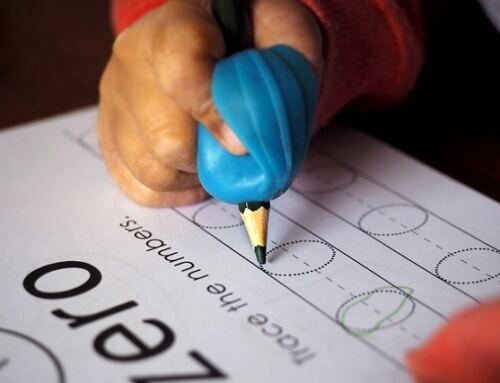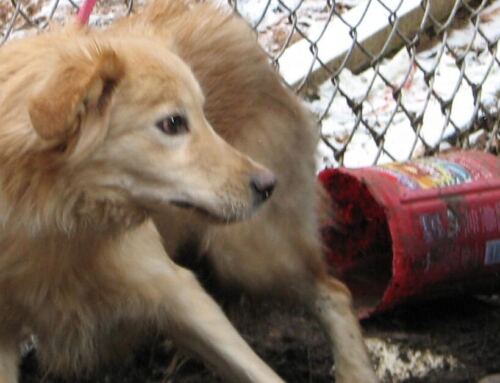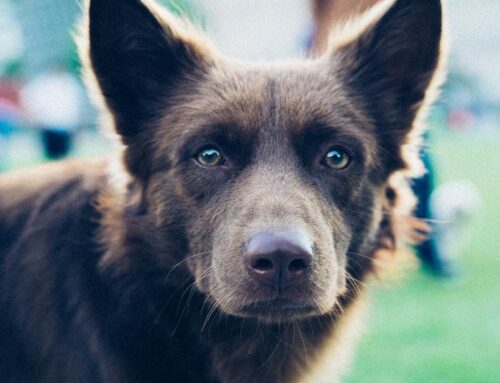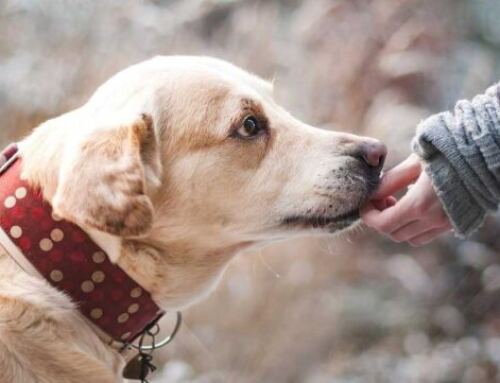Be prepared to give your dog something good, all the time
Food is an obvious option. They need to eat anyway. It’s portable and by taking advantage of variety, you can keep them intrigued by what fabulousness might appear next. Toys, frisbees, balls, tug ropes are other good choices. The process of associating praise with food, good dog!-> treat, will condition praise to be a good thing too. Maybe not as good as food or fun, but still useful. But don’t skimp on the food and fun.
See inappropriate behavior as a deficit of skills
A dog who gets upset when they see other dogs, doesn’t have the skills to simply walk on by. A dog who runs from guests in the house or barks their head off, doesn’t have the skills to take a sniff and do something else that is safe and appropriate. And do it comfortably. Seeing skill deficits instead of bad dogs is important.
Socialization
The term socialization is used a lot in the dog world. It has different meanings. There is an optimal period in a dog’s development (birth-early adolescent as a rough estimate) when they are better able to learn the rules of social engagement with people and other dogs. It’s a process that seems organic. It’s a back and forth flow of social cues and communications. When they occur under healthy conditions, with other socially adept individuals, require little effort on our part. We provide the opportunities for safe interactions, and evolution takes over. With other dogs we see sniffing, playing, chasing, mounting, and reasonable responses to behavior that goes too far. Similar interactions occur with people as our dogs become the best examples of bilingualism in the animal kingdom.
Once this period of development is past, the ability to learn what is safe, expected and appropriate slows down. Inexperience or deprivation can lead to fear or apprehension. Maladaptive responses to routine situations may be rehearsed and complicate their lives, and ours. They never learned to swim and yet we toss them into the deep end of the pool and punish them for drowning. We are masters of creativity when it comes to doling out punishment for skill deficits. This is not only counter productive to resolving those deficits, it’s cruel in a way that demonstrates a lack of understanding and education.
Get educated
We may have missed out on the optimal period to help our dogs learn to behave in socially appropriate ways, but they can still learn. They need to be taught. You can learn how to do this efficiently and humanely. It’s not likely to happen by watching a TV show, or a few online webinars, at least it’s not with our population of dogs. You need to be able to review and assess what they need and what you are in the habit of doing yourself. There’s always room for improvement. All of the seminars and workshops that I collaborate on at Lemon’s Hope Sanctuary in Vermont, are designed to help folks who are motivated to learn how to be better managers and trainers of animals who need the best.
Check out the events page to see what’s coming up.





